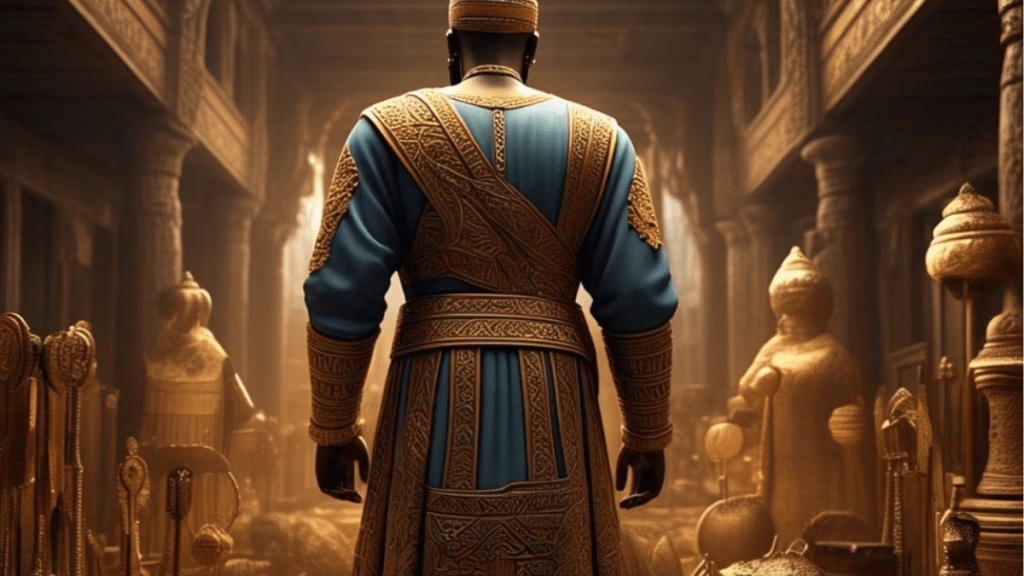In the modern world, names like Elon Musk, Jeff Bezos, Mukesh Ambani, and Gautam Adani dominate the billionaire charts. But none of them — not even combined — come close to the staggering, almost mythical wealth of Mansa Musa, the 14th-century king of the Mali Empire.
Often referred to by historians as the “richest man who ever lived,” Mansa Musa ruled Mali from 1312 to 1337 CE, during a time when the West African empire was the world’s largest producer of gold — the most sought-after resource of the time. If his wealth were adjusted to today’s economy, some estimates place it at over $500 billion (Rs 43.7 trillion) — a number that would dwarf even Elon Musk’s peak net worth.
What made Mansa Musa’s fortune even more legendary was how he wielded it. In 1324, he embarked on a pilgrimage to Mecca that shook the economic foundations of every city he passed. His caravan included over 60,000 people, 12,000 slaves, and 100 camels, each carrying over 300 pounds of gold. In Cairo, he gave away so much gold in donations that he caused rampant inflation, devaluing the precious metal for over a decade.
Unlike today’s billionaires who built their empires through technology, oil, or retail, Musa didn’t own a company. His wealth was rooted in the natural abundance of Mali and a well-established trade network dealing in gold, salt, ivory, and more. Yet his influence spread globally — from Africa to Europe and the Middle East. Kings and emperors across the world sought ties with him.
Mansa Musa also used his riches to promote education and architecture. His reign saw the rise of Timbuktu as a hub for Islamic scholarship and culture. He commissioned numerous mosques and learning centers, many of which still stand today as monuments to his legacy.


